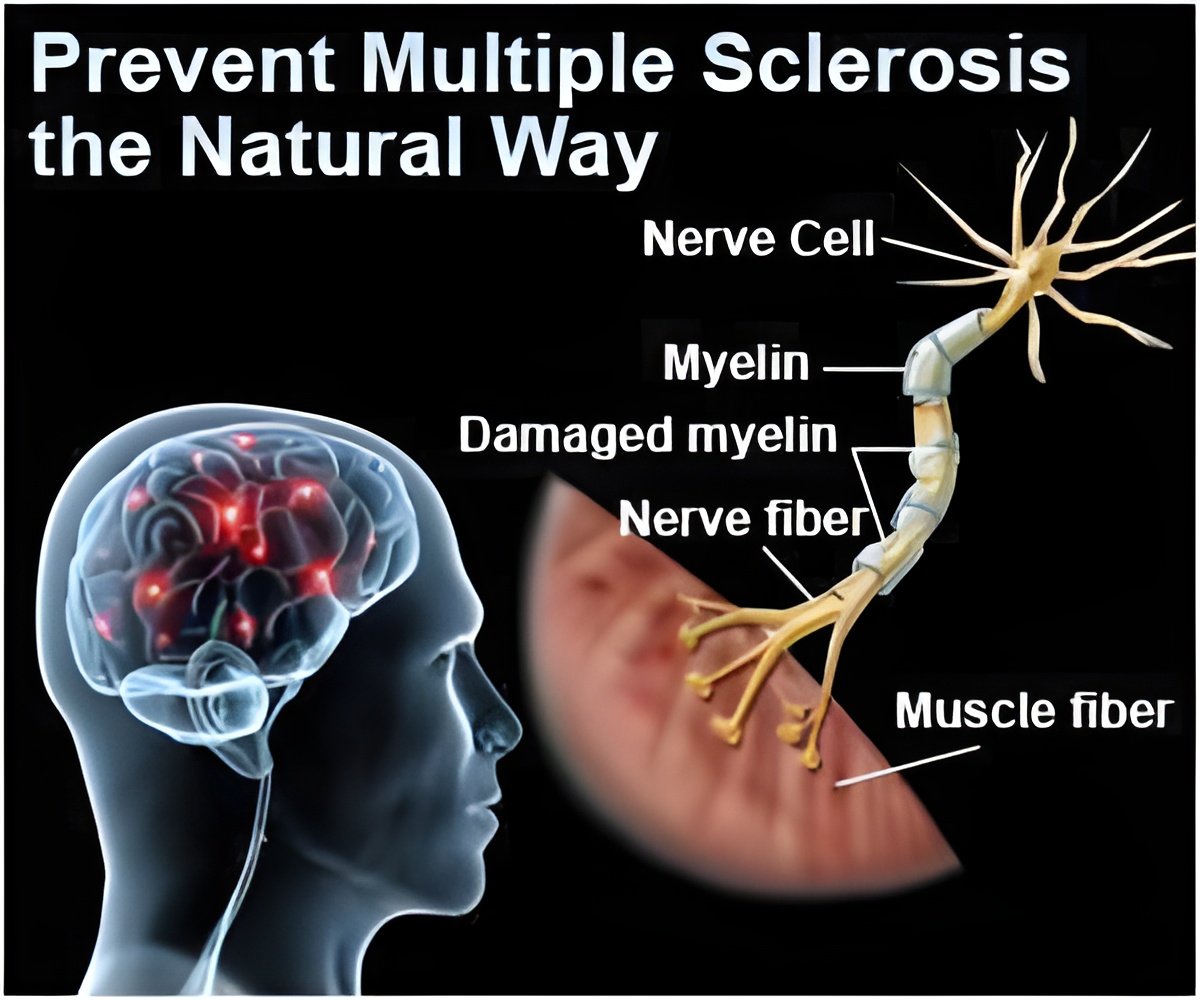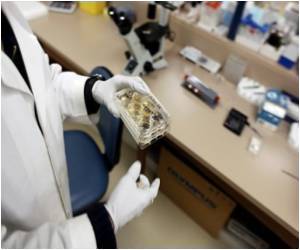
The six-month study involved 23 people with the relapsing-remitting form of MS. All of the participants received low-dose vitamin D (1,000 international units daily) to prevent any vitamin D deficiency. Half of the participants also received high-dose vitamin D2 to elevate their blood vitamin D to high levels (with a target serum 25-hydroxyvitamin D level of 130-175nM). The other half received a placebo high-dose.
MRI scans of the participants'' brains were performed at the start of the study and again after four, five and six months. There was no significant difference between the two groups in the number of new abnormalities that had formed in the brain after six months and no significant difference in the change in the total volume of brain abnormalities.
Four of the 11 people taking the high-dose vitamin D, or 37 percent, had a relapse where their MS symptoms worsened during the study, while none of the 12 people taking only low-dose vitamin D had any relapses.
Stein noted that the study involved people who had MS for an average of six years. "It''s possible that studies of high-dose vitamin D at an earlier stage of MS may lead to different results," he said.
Advertisement















